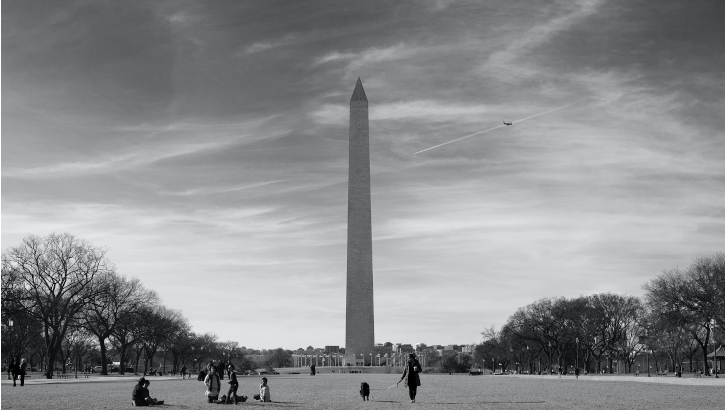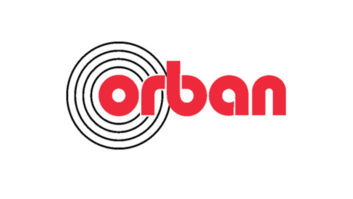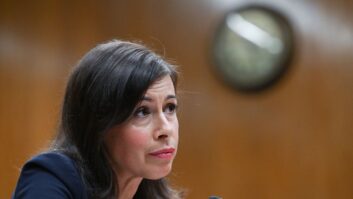The author is membership program director of the National Federation of Community Broadcasters. NFCB commentaries are featured regularly at www.radioworld.com.
With Election Day just six weeks away, radio’s attention will be squarely on the many federal, state and local contests our audiences are watching. Racial equity, COVID-19 and the economy are front and center, and interest seems high. It is time to let our coverage roll.
However, there are some key issues that stations should be aware of, especially if you are in the noncommercial media space.
[Read: Community Broadcaster: Mask Off]
The first of the election matters every noncommercial station needs to pay attention to is documenting your election engagements. From candidate appearances on the air to interview requests to station decisions on said interview requests, your records should be meticulous. You’ll want to make note of dates and times, issues covered, and why requests were rejected. The exact terms of the recordkeeping are spelled out by the FCC, but Cornell’s Legal Information Institute has a readable explanation online.
For a full-power station, you will need to upload those within a day or so to your Electronic Public Inspection File. While noncommercial low-power FM stations do not have the same requirements as far as EPIF is concerned, LPFMs are still required to keep a political file on paper. Records need to be retained for two years.

The second big issue is related: underwriting. Many noncommercial stations rely on underwriting. This is the season when stations are approached by interest groups, candidates and unions to make underwriting buys. The FCC’s underwriting rules give stations discretion to decide from whom they will accept underwriting, and what rates they will charge. Someone being a candidate for public office does not automatically disqualify him or her from being acknowledged in an underwriting spot. However, the rules are strict related to opportunity. NFCB’s Underwriting Guide spells out some of these instances.
A third discussion point is about equal opportunity. A common question from stations is whether they must give equal time to all candidates, even write-in candidates. To be clear, equal time rules are a relic of the Fairness Doctrine, a policy eliminated in 1987. The policy around now is focused on equal opportunity. Equal opportunity is a right to reach the same size and type of audience, rather than a right for “equal time” on the same program. Judgments against stations tend to be the result of failures by the stations to extend invitations to matters like debates, or excluding those running for office.
And finally, there are the lines that supersede the FCC. Regardless of your broadcast license, IRS rules prohibit 501(c)(3) organizations from directly or indirectly participating in, or intervening in, any political campaign, either in support of or opposition to any candidate for elective political office. Federal Election Commission rules prohibit corporate contributions (including free air time) and regulate political debates and selection of debate participants.
Elections are an exciting time for radio, but it is critical to stay within regulations. In addition to avoiding possible enforcement actions, these policies helps us maintain trust and integrity with our communities.







